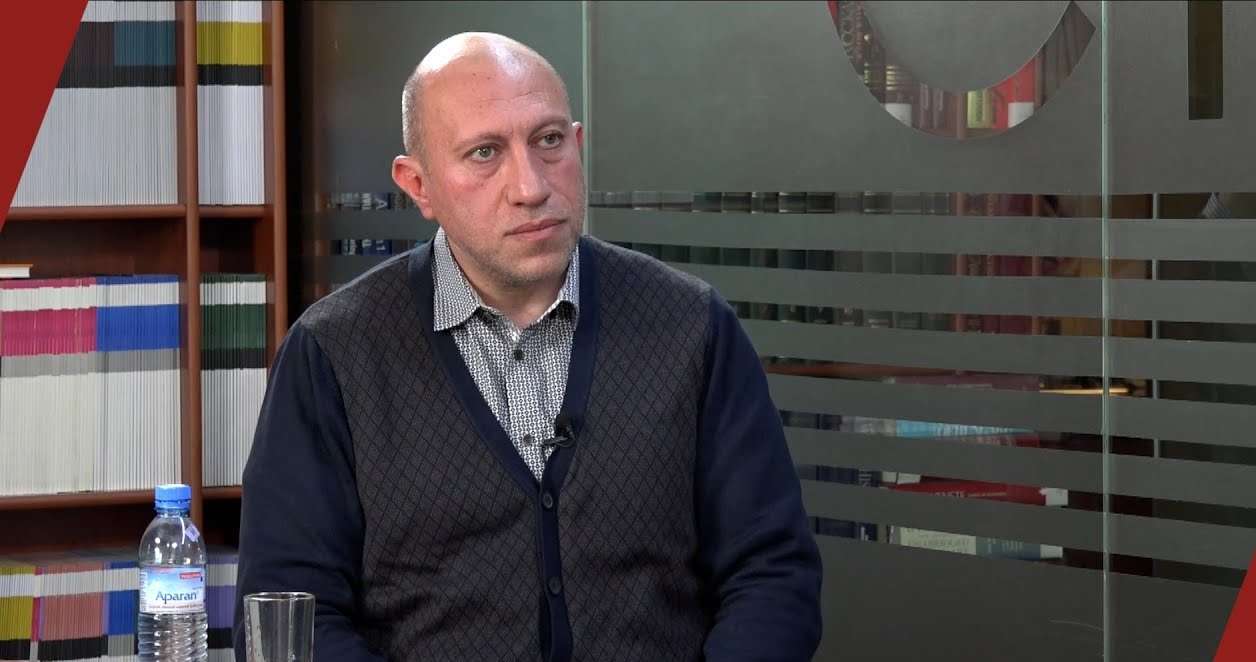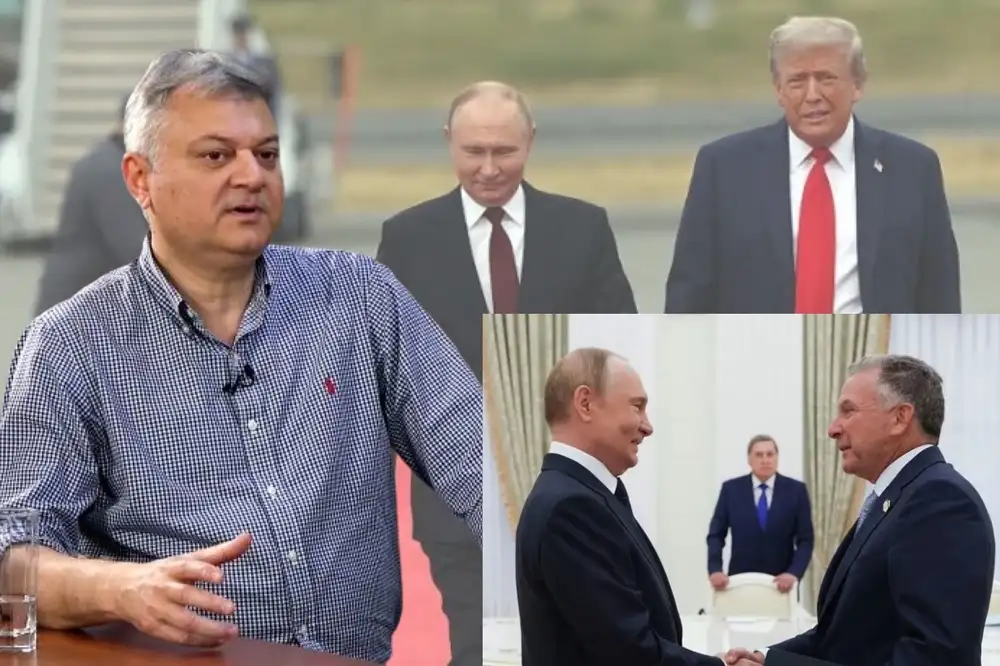Political commentator Hakob Badalyan wrote on his Facebook page.
"Yesterday, when the new round of Armenian-Azerbaijani negotiations was starting in Washington, I mentioned in an interview (the link is on my page in the previous post) that I see more likely an increase in tension than peace from those negotiations.
Unfortunately, just hours later, Baku's deadly provocation occurred in Artsakh.
Why am I more likely to see tensions rise? For some reason, two characteristics that needed more attention in the Armenian public-political field took place.
Likewise, the greeting of the representative of the State Department regarding Aliyev's speech about "amnesty" remained fleeting. The address given on May 28 was utterly an ultimatum and blackmail to Artsakh and its leadership. Would you be willing to accept my terms? I'm sorry, won't you, then you must leave? And that speech is "welcomed," and the Armenian public does not find the collective strength, which it considers significantly in the case of the Russians and does very well, to ask Washington, "What did you welcome in that speech?"
And the second characteristic circumstance. There was a leak in the Russian press that Washington wants to organize a non-public contact between the representatives of Artsakh and Baku in a third country. It threatens Artsakh that Baku will carry out an anti-terrorist operation if it refuses.
If I am wrong, I apologize, but there was no denial from Washington regarding the threat to Artsakh, no denial that there was no threat to Artsakh. Many may ask why the Russian press leak should be officially denied. Yes, of course; why should Washington deny it if it does not need it? Armenia needed that denial, but Armenia did not find the public-political potential to correct that question either.
Those two stark realities allow me to see the possibility that the Washington talks will lead to tension rather than peace.
And the third circumstance, which I wrote about a few days ago, after the meeting of the foreign ministers of Britain and Baku and the subsequent "loves" on Twitter, saying that this perhaps suggests that Baku is getting some "charges" before Washington. We will have a lot to expect—complex negotiation.
Does this mean you didn't have to go to Washington, or you had to leave and come back? No. Not going to Washington and critical capitals regarding regional influence, including Moscow, does not solve any issue. Because if we cannot solve a problem by going, then we will not be able to solve any problem by not going.
The critical thing for Armenia, as I have said many times, is the public-political tough questions "accompanying" the official work in all directions, which should be addressed to those working capitals related to the responsibility of all of them in maintaining the international principle of non-use of force and the threat of force.
Instead of that, our society has been busy for nearly three years "choosing" "good" and "bad" negotiation platforms, or choosing "pro-Russian" and "pro-Western" and "analyzing" what is happening with us and around us according to those tastes.
There are no good and lousy negotiation platforms, there is a socio-political state organism capable of doing good and bad work on those platforms, or it doesn't exist.
And we should be able to start discussing all this calmly, quietly, with the ability to listen to each other, because if we are not able to listen to each other, of course, it is about listening to each other's rational conversation, and not about listening to epitaphs or military-patriotic "myths.", to say the least, it is delusional to think that anyone outside will listen to us in the broadest sense of the word."


















